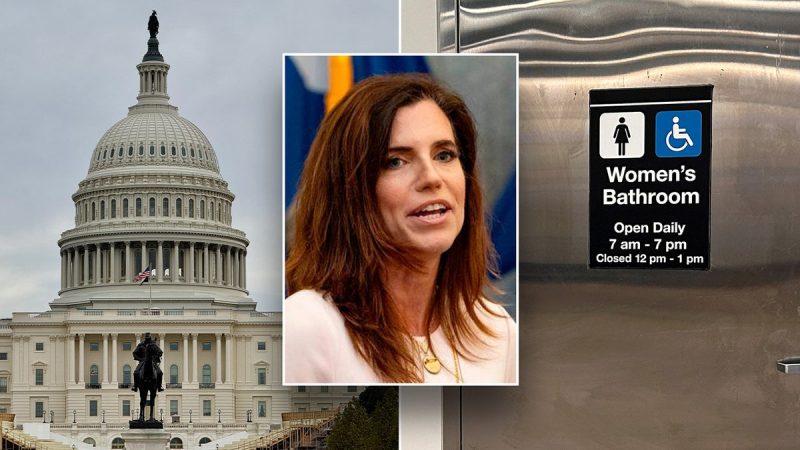In an unprecedented move that has raised significant controversy and sparked debates across the political spectrum, a new House GOP proposal aims to ban transgender women from using female bathrooms on Capitol Hill. The proposed measure has created a firestorm of reactions, with groups advocating for transgender rights condemning the decision as discriminatory and harmful, while supporters argue that the proposal is necessary to protect the privacy and safety of cisgender women.
The proposed ban is a part of a broader set of regulations put forth by House Republicans that aim to redefine the rules surrounding gender identity and bathroom usage in government buildings. If implemented, the measure would require individuals to use facilities that correspond with their biological sex assigned at birth rather than their gender identity. Proponents of the bill argue that this is essential to prevent potential instances of harassment or discomfort that could arise from allowing transgender women access to female-only spaces.
However, critics of the proposal argue that such measures are discriminatory and harmful to the transgender community. They claim that transgender individuals already face disproportionate levels of discrimination and violence, and that denying them access to facilities that align with their gender identity only serves to further marginalize and stigmatize them.
Moreover, opponents of the ban argue that it is based on outdated and misguided understandings of gender identity. They emphasize that gender is a complex and multifaceted aspect of a person’s identity, and that one’s biological sex does not necessarily determine their gender. By enforcing strict regulations based on outdated notions of gender, the proposal risks perpetuating harmful stereotypes and limiting the rights of transgender individuals.
In response to the proposed ban, activists and advocates for transgender rights have mobilized to oppose the measure and call for greater inclusivity and acceptance of transgender individuals in public spaces. They argue that everyone deserves the right to access facilities that align with their gender identity, and that denying transgender women access to female bathrooms only serves to further isolate and stigmatize an already vulnerable community.
Overall, the proposed ban on transgender women using female bathrooms on Capitol Hill has ignited a contentious debate over gender identity, discrimination, and the rights of transgender individuals. As the proposal moves forward, it is clear that this issue will continue to spark heated discussions and push for greater recognition and acceptance of transgender rights in public spaces.

